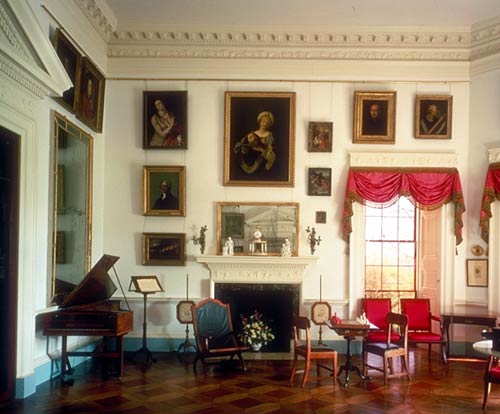Pragmatism and Democracy: Dewey
“The keynote of democracy as a way of life may be expressed, it seems to me, as the necessity for the participation of every mature human being in formation of the values that regulate the living of men together: which is necessary from the standpoint of both the general welfare and the full development of human beings as individuals....
“The foundation of democracy is faith in the capabilities of human nature; faith in human intelligence and in the power of pooled and cooperative experience. It is not belief that these things are complete but that if given a show they will grow and be able to generate progressively the knowledge and wisdom to guide collective action.....
“While what we call intelligence may be distributed in unequal amounts, it is the democratic faith that it is sufficiently general so that each individual has something to contribute, and the value of each contribution can be assessed only as it enters into the final pooled intelligence constituted by the contributions of all....
“The democratic faith in equality is the faith that each individual shall have the chance and opportunity to contribute whatever he is capable of contributing....
“The modes of freedom guaranteed in the Bill of Rights are all of this nature: Freedom of belief and conscience, of expression of opinion, of assembly for discussion and conference, of the press as an organ of communication. They are guaranteed because without them individuals are not free to develop and society is deprived of what they might contribute”.
[Intelligence in the Modern World, John Dewey, 1939, Random House, Inc., pp.400-404]
Here Dewey is chiefly arguing for democracy as the means for a beneficial exchange leading to both individual and social growth. But the first remark cited, alluding to “the necessity for the participation of every mature human being,” raises a point not addressed previously. We have discussed the rights and liberties of the individual pursuant to the Social Contract, but what about the individual’s corresponding responsibilities? Stay tuned for more!




0 Comments:
Post a Comment
<< Home